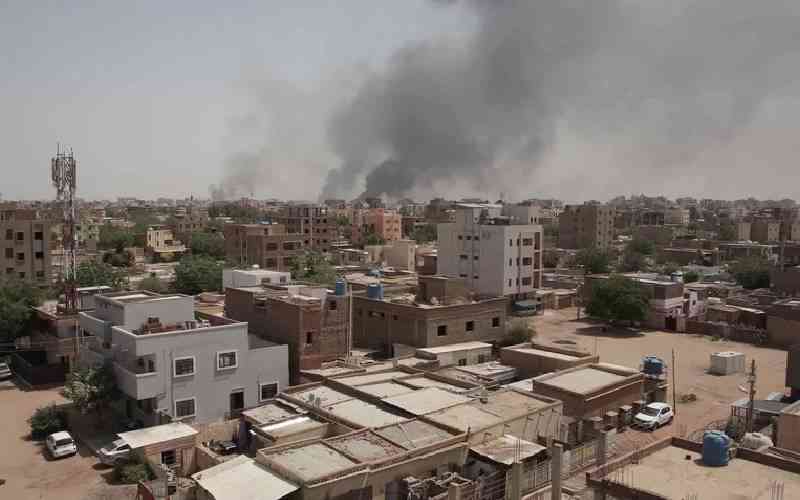×
The Standard e-Paper
Home To Bold Columnists

United Nations (UN) Secretary-General Antonio Guterres was in Kenya this week on a signature visit that coincided with events making the 2023 World Press Freedom Day.
The celebrations culminated in the Annual Journalism Excellence Awards (AJEA) by the Media Council of Kenya graced by National Assembly Speaker Moses Wetang'ula. It saw the men and women who burn the midnight oil to keep the nation informed feted.